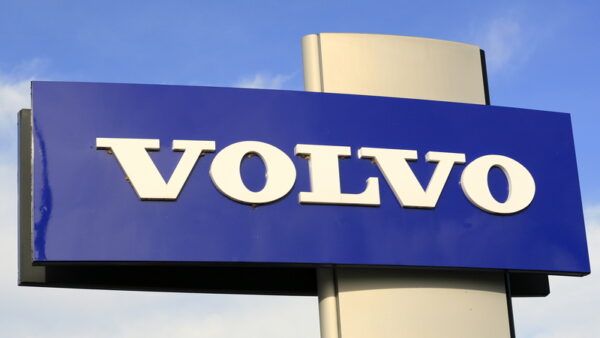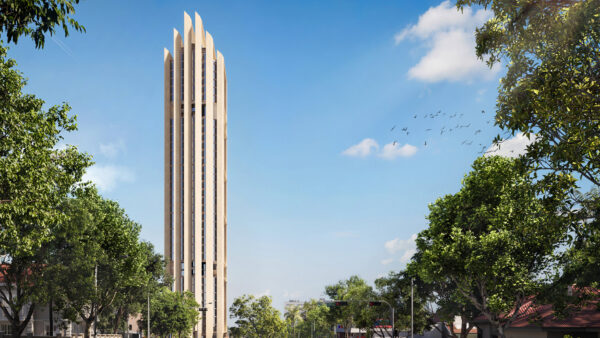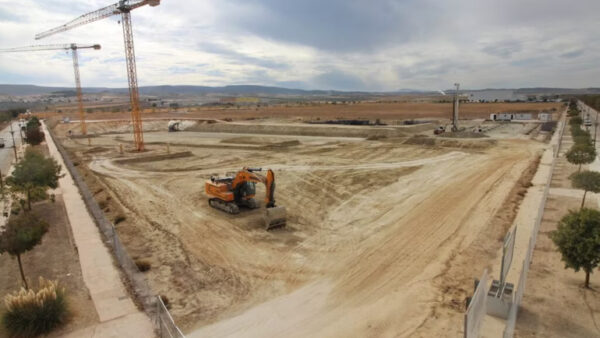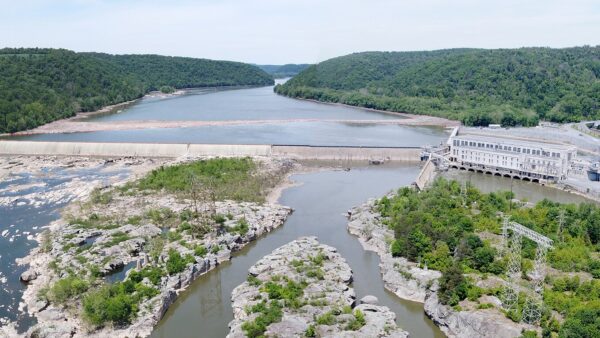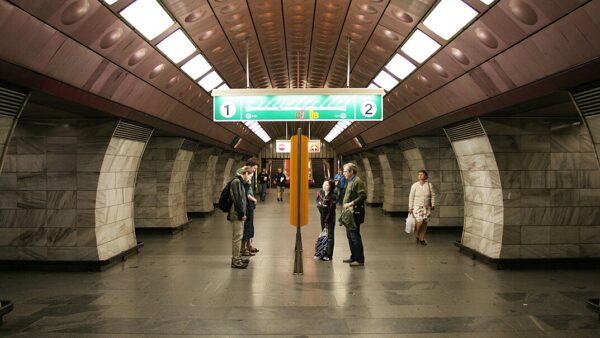UK consulting engineer Arup has made the shortlist for a national transport prize with a proposal for pavements that can change width according to user demand patterns.
The point of the competition is to probe how streets can be made more accommodating for a new age of connected and autonomous vehicles (CAVs), but Arup believes its “FlexKerb” concept, which could surgically shrink the space available for conventional cars, would make streets friendlier for walkers, cyclists, and even delivery drivers.
The idea is to use LEDs to alter the width of pavements (“sidewalks” in North America) to give more space to different sorts of users as demand ebbs and flows.
That means a single FlexKerb segment could function as a cycle path at rush hour, a pedestrian plaza at lunchtime, a CAV rank in the evening, and a loading zone overnight, Arup proposes.
It has now been shortlisted for the National Infrastructure Commission’s Roads for the Future competition, which is looks at how streets may be smartened up ready for a new age of connected and autonomous vehicles (CAVs).
Arup’s proposal was one of five to be shortlisted from 81 entrants by the judging panel chaired by Sir John Armitt, who heads the UK’s National Infrastructure Commission.
The teams will now receive up to £30,000 each to test their ideas, with a £50,000 prize available for the overall winner, which is to be announced this autumn.
Arup will work on a feasibility study to demonstrate the benefits of variable-width paving, including a simulation of the scheme on a typical London high street.
The aim is to design an illustrative schedule for one weekday and one weekend day to show how changes to a busy street’s kerbside can enhance CAV pick-up and drop-off while giving enough space to pedestrians, cyclists and other transport users.
The other ideas to make the cut include smart traffic lights, segregated driverless zones and sat-navs that learn through artificial intelligence.
The complete shortlist is as follows:
- Aecom is proposing smart signals that could advise drivers, or their smart vehicles, the speed they should aim for to arrive at the next set of traffic lights just as they turn green. The concept will be tested using a simulation model of the A59 in York.
- City Science, a data company based in Exeter, is examining how sections of existing roads could be dedicated to driverless cars, making it easier to manage any risk and integrate CAVs into the existing network.
- Immense Solutions will address the use of artificial intelligence to help sat-nav systems to “learn” better routes so drivers and their cars could change course to avoid congestion. Working with Oxfordshire County Council, the concept will be tested using simulations of four busy local roads: Abingdon Road, Thames Street, Oxpens Road, and Botley Road.
- Leeds City Council will look at how the data generated from digitally connected cars could be used to improve traffic light systems, allowing highway authorities to manage traffic on their roads and reduce tailbacks. The team will use models of roads across Leeds to test this idea.
Armitt commented: “The creativity and ingenuity of all the entries we received was very impressive, with many making the most of our existing network to prepare for these latest innovations. These five entries clearly stood out and I look forward to seeing how their ideas develop further over the coming months.”
Image: Arup’s illustrative sketch of its idea
Further reading:

